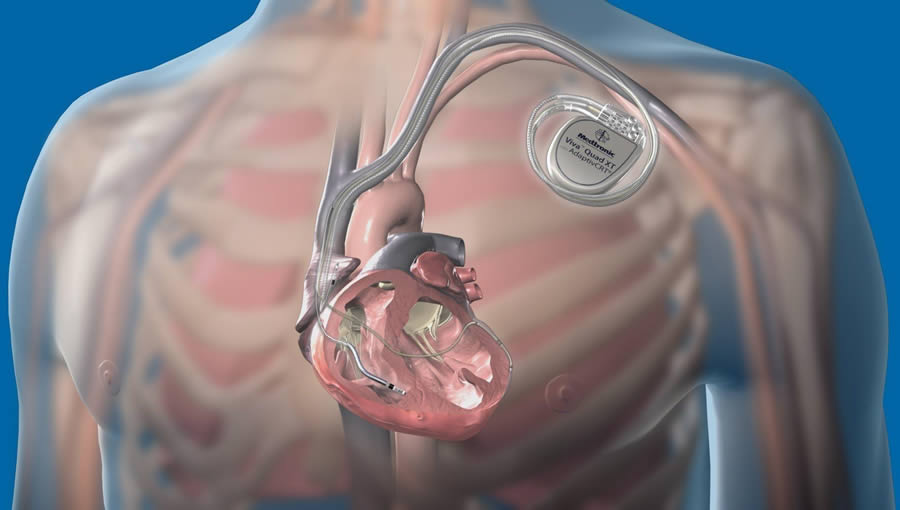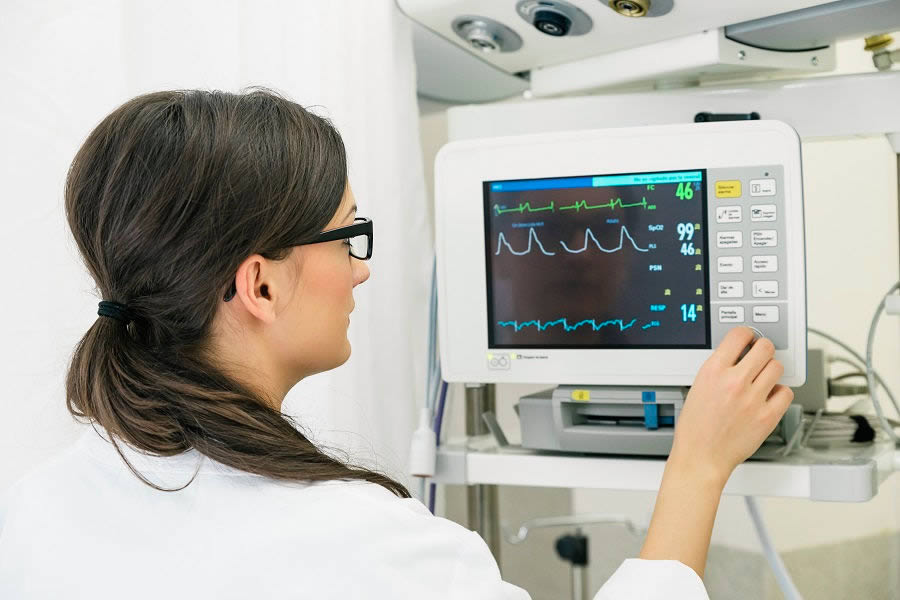
Our hearts are remarkable organs, tirelessly pumping blood to sustain our bodies. Sadly, certain heart conditions can mean our hearts need a little extra support. That's where implanted cardiac devices come into play. These remarkable devices, such as pacemakers, implantable cardioverter-defibrillators (ICDs), and cardiac resynchronization therapy (CRT) devices, have revolutionized the management of various heart conditions.
Cardiovascular Specialists does offer implanted cardiac device monitoring. You can continue reading to learn more about this crucial healthcare service. You are also welcome to call us directly to schedule a consultation with a cardiologist, or heart doctor.
Implanted cardiac devices, including pacemakers, ICDs, and CRT devices, have revolutionized the management of certain heart conditions. These remarkable devices offer life-saving support and help restore normal heart rhythm and function in individuals with specific cardiac abnormalities. Some common conditions that may warrant the use of implanted cardiac devices include:

It's important to note that the decision to implant a cardiac device is made on an individual basis while taking the patient's specific condition, symptoms, medical history, and overall health into account. A cardiologist is best equipped to evaluate your condition, perform diagnostic tests, and determine if an implanted cardiac device is the right course of action.
Implanted cardiac devices have sophisticated technology that allows them to continuously monitor the heart's electrical activity and deliver appropriate responses when needed. However, regular monitoring and follow-up are essential to make sure that the device is functioning properly and providing the necessary support to the heart.
During implanted cardiac device monitoring, a healthcare professional, typically a cardiologist, will perform regular check-ups to assess the device's performance and make any necessary adjustments. The monitoring process involves reviewing data such as heart rate, rhythm, battery status, and any recorded events or abnormal heart activity.

Implanted cardiac device monitoring serves several important purposes. First, it ensures that the device is functioning properly and delivering the appropriate response when required. Additionally, it provides valuable data to guide long-term treatment plans, assess the device's longevity, and determine the need for device replacement or upgrades.
If you have an implanted cardiac device, don't underestimate the importance of regular monitoring. It's the key to keeping your heart in sync and ensuring that your device is providing the support it was designed for.
If you are looking for a cardiologist to perform implanted cardiac device monitoring, you can call Cardiovascular Specialists to schedule an appointment or arrange a walk-in appointment for as soon as possible.